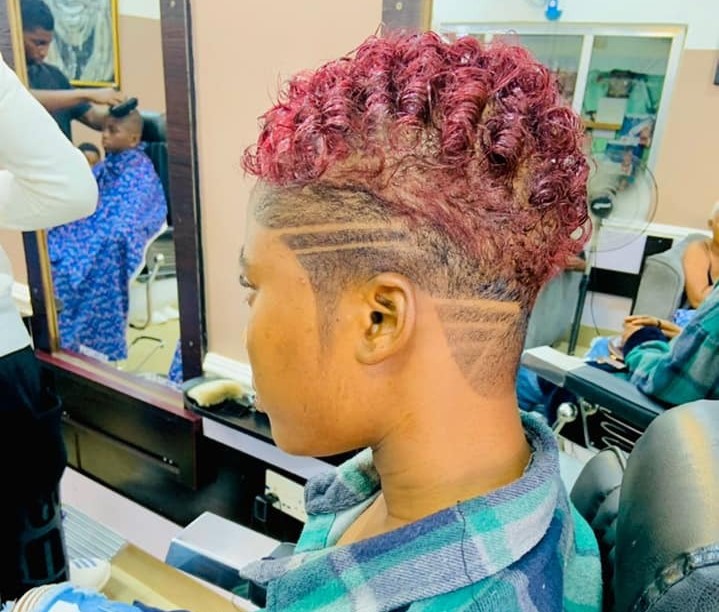Some women in Bwari Area Council, Federal Capital Territory (FCT) have expressed concern about why they pay more to have their haircut than the men.
The women made their feelings known in separate interviews with the News Agency of Nigeria (NAN), on Friday in Abuja.
Miss Agnes Okoli, a resident of Bwari, said that most barbershops she patronised had different price lists for both genders.
She said the price for women was always higher.
According to her, you will see a price list that says N700 for a female haircut and N500 for a male or sometimes N1,000 for females and N700 for males.
“Sometimes, they tell you it is because most women come to cut their hair for the first time and their hair is usually fuller and longer.
“For some of us who have had low haircuts for years and have maintained it, I don’t think it should be different from what the men pay.
“I really do not see the basis for the price difference, so I view this disparity as part of discrimination against women,” she said.
Similarly, Mrs Chinedu Cosmos, another patroniser of the barbershop, said that the difference in price seemed like the barbers were extorting their female clients which was unfair.
According to her, if as a woman, I prefer to wear a short haircut, I shouldn’t be charged extra for doing so.
“We have men who braid their hair or wear earrings. I don’t think they are treated differently or are made to pay extra charges for the services,” she said.
She emphasised it was the same service rendered to the men that was also rendered to the women at the salon.
“They use the same tools, except in cases, where clients ask for additional services like dyeing or tinting of hair.
“So, I don’t see any need for this disparity in price charges,” she said.
Cosmos appealed to barbershop owners to consider reducing or making the price equal for all genders, adding that they should ensure better hygiene practices in their outlets.
Meanwhile, Mr Ifeanyi Duru, a barbershop owner, said that he had no fixed price for cutting hair in his salon, as every price was negotiable, depending on the style.
Duru, however, agreed that female customers often paid more for hair services than the male.
“This is because cutting a woman’s hair takes more time than that of a man,’’ he said.
He further explained that sometimes, the price was determined by the kind of treatment and products used for the hair in the process of cutting it.
He said: “Some products, like those used for colouring or chemical treatments, are expensive, and the cost may be reflected in the price and most ladies like styling and dying their hair.
“So, sometimes, these are the determinants, however, for those that will just have a regular haircut, it may just be N100 higher than that of the men. Women are special you know,” he said.
Another barbershop owner, Mr Johnson Akeredolu, also said the value for services rendered to female clients was usually more than that of the male, hence, the price difference.
According to him, cutting a female hair required a well-trained barber and an expert in the practice, in order to get the cut right.
This, he added could influence the price, among other things like hair treatments, which most men found unnecessary to use.
The barber also noted that sometimes, the price difference could mean an increase in patronage by female clients.
He, however, said that the different prices had nothing to do with gender discrimination or extortion as some people might think but a business strategy to offer the females better services.









